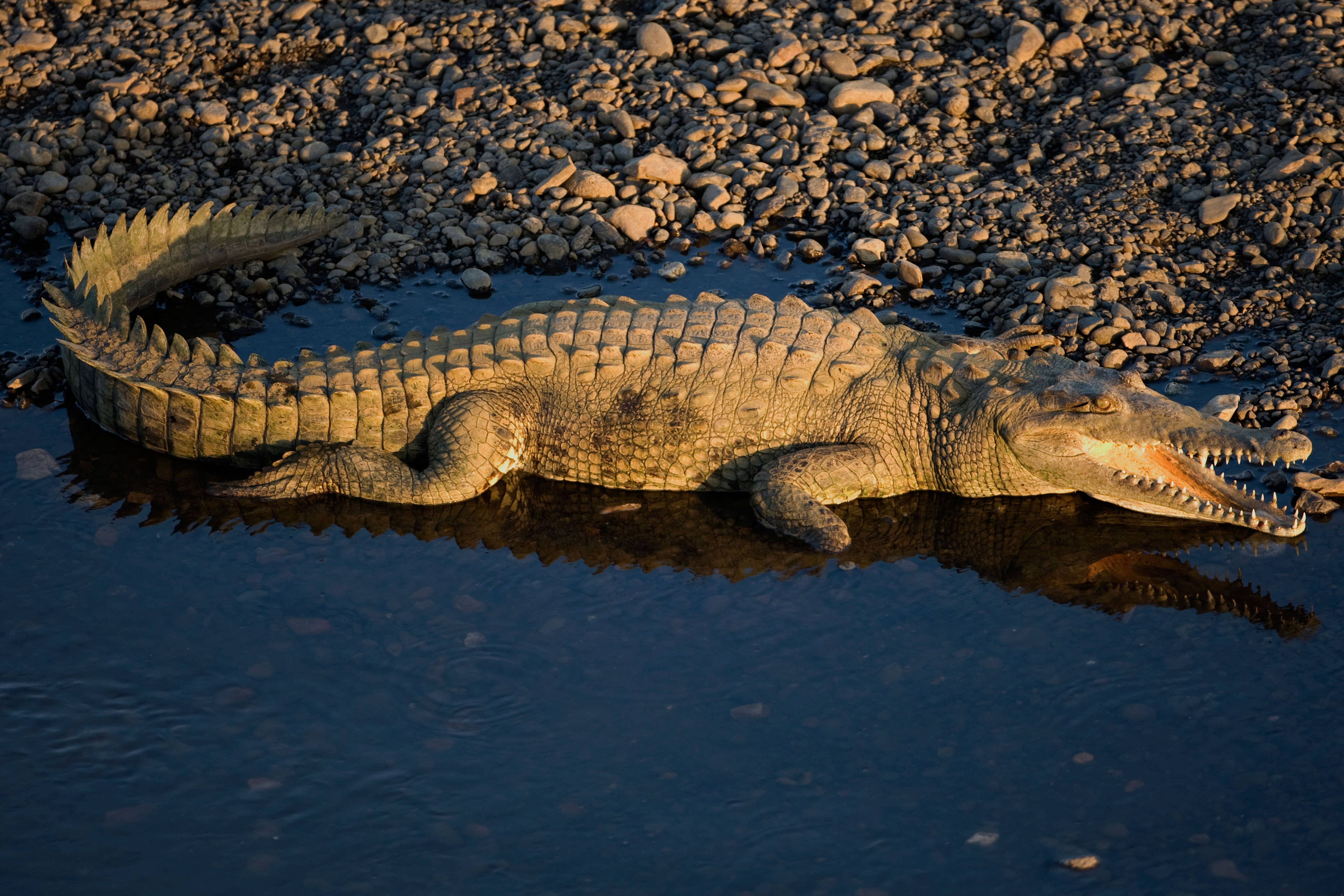Scientists discover first ever ‘virgin birth’ in a crocodile
The lone female produced an egg that contained a fully formed foetus.

Your support helps us to tell the story
From reproductive rights to climate change to Big Tech, The Independent is on the ground when the story is developing. Whether it's investigating the financials of Elon Musk's pro-Trump PAC or producing our latest documentary, 'The A Word', which shines a light on the American women fighting for reproductive rights, we know how important it is to parse out the facts from the messaging.
At such a critical moment in US history, we need reporters on the ground. Your donation allows us to keep sending journalists to speak to both sides of the story.
The Independent is trusted by Americans across the entire political spectrum. And unlike many other quality news outlets, we choose not to lock Americans out of our reporting and analysis with paywalls. We believe quality journalism should be available to everyone, paid for by those who can afford it.
Your support makes all the difference.Scientists have recorded the first known case of a “virgin birth” in a female crocodile who had no contact with males for around 16 years.
The reptile was able to produce a fully formed foetus that was 99.9% genetically identical to her.
The researchers said this discovery, reported in the journal Biology Letters, provides “tantalising insights”, suggesting its evolutionary ancestors such as the dinosaurs may also have been capable of self-reproduction.
Also known as facultative parthenogenesis, virgin birth has been documented in species of birds, fish lizards and snakes, but never before in crocodiles.
It is the process by which an egg develops into an embryo without fertilisation by sperm.
The American crocodile (Crocodylus acutus) was taken into captivity in 2002 when she was two years old and placed in an enclosure in Costa Rica.
She remained there alone for the next 16 years.
In January 2018, zookeepers discovered a clutch of 14 eggs in the enclosure.
These eggs did not hatch but one contained a fully formed foetus.
Genetic analysis of the tissues from the foetus’s heart and from the mother’s shed skin revealed a 99.9% match – confirming that the offspring had no father.
Facultative parthenogenesis is rare but is thought to occur when a species faces challenging or unfavourable conditions, such as environmental stress or lack of mates.